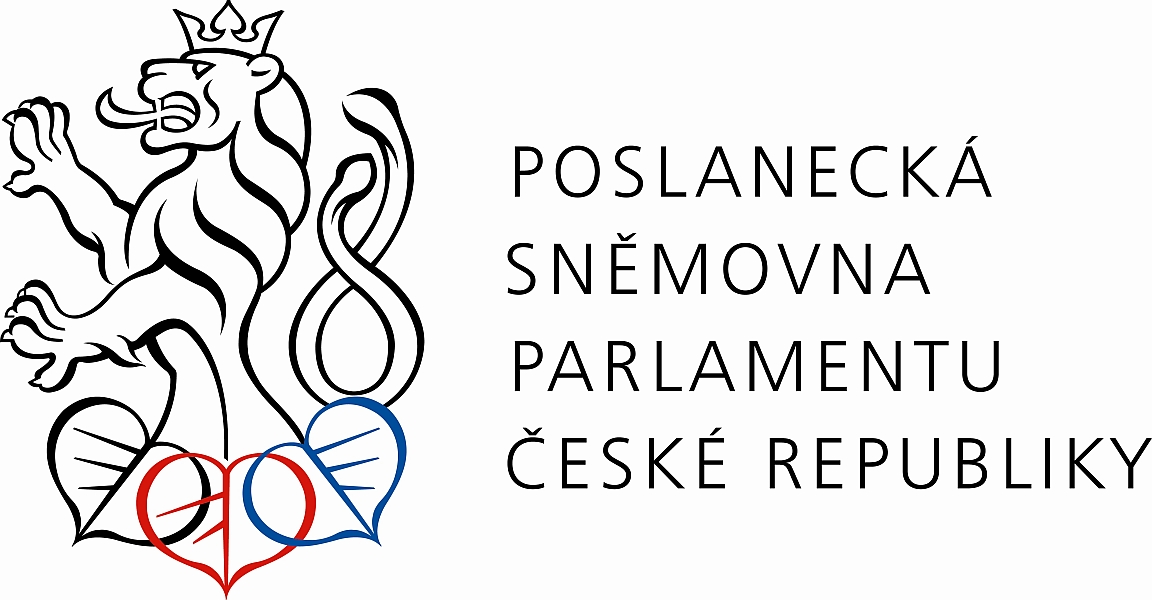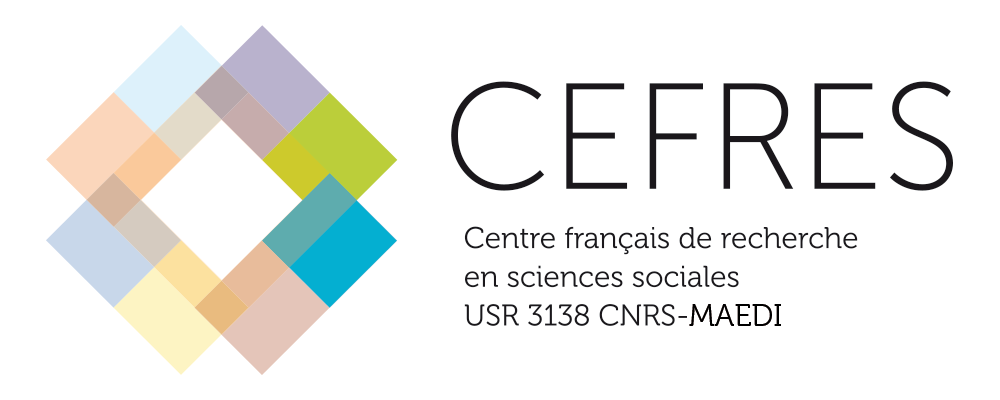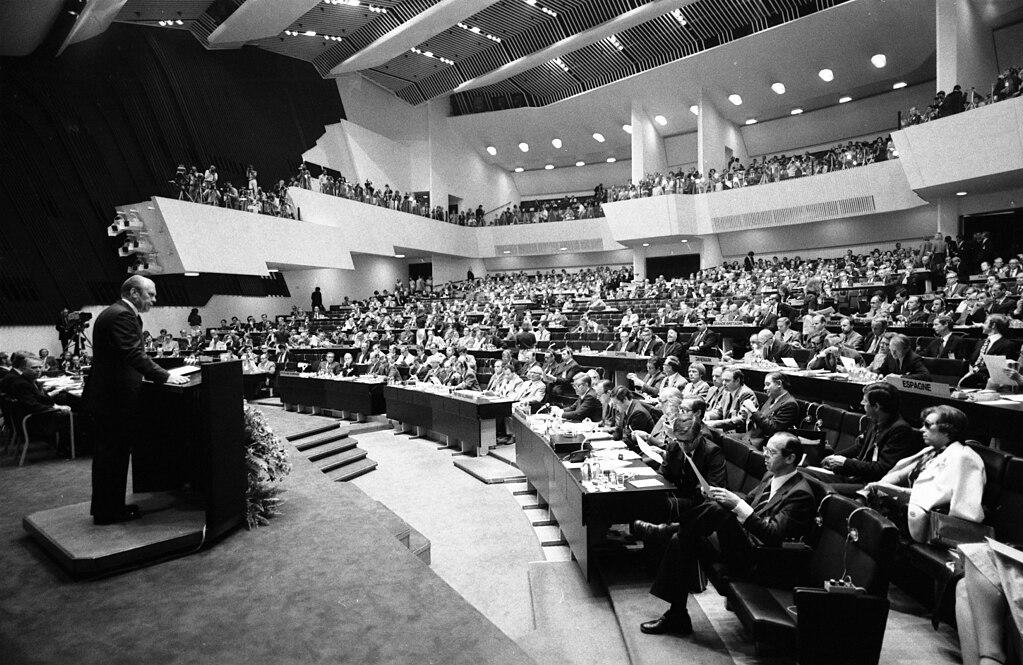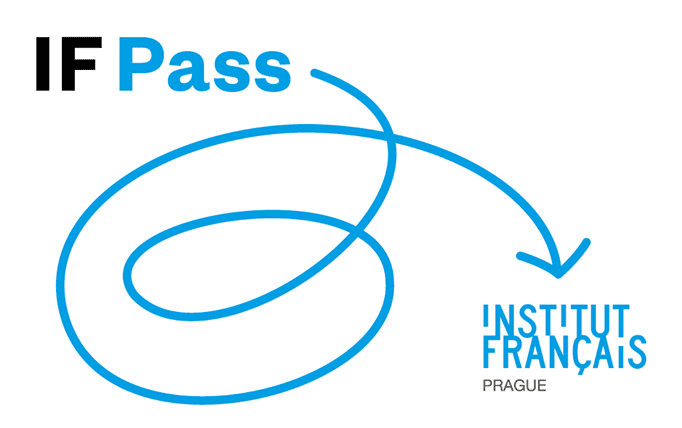This year marks the 50th anniversary of the Helsinki Accords and the launch of the Helsinki Process, which profoundly reshaped the political landscape of Europe and contributed to the collapse of the Eastern Bloc between 1989 and 1991.
Through the follow up meetings of the Conference on Security and Cooperation in Europe (CSCE), Western governments and NGOs gained a platform to criticize undemocratic regimes in the East, particularly regarding human and civic rights violations. Alongside politicians, intellectuals, the media, and human rights organizations, dissidents across the Iron Curtain played a key role in advancing the Helsinki agenda.
A less recognized yet crucial actor in this process was the multi-generational political and cultural exile from Central and Eastern Europe. These exile groups mobilized political, cultural, and social capital to influence Western public opinion in favor of their interpretation of the Helsinki Process. They also served as vital intermediaries between the West and dissidents in their homelands, ensuring the flow of communication, information, and material support in both directions.
To reflect on this legacy, the French Institute in Prague, the CEFRES and the Institute of Contemporary History invite you to a public debate with actors of dissidence and exile:
- Jan Kavan, Czech diplomat and former Foreign Minister, who was active in supporting Czech dissidents while in exile in the UK.
- Ivanka Lefeuvre, Czech psychologist and Charter 77 signatory, who experienced political persecution and exile in France.
- Martin Palouš, Czech philosopher and dissident intellectual, engaged in human rights and civic activism during and after the Communist era.
- Jacques Rupnik, historian and political scientist, specialist in Central and Eastern Europe and the European transformations after 1989.
- Anna Šabatová, Czech human rights activist and former Ombudsman, known for her work on civil rights and post-Communist legal reforms.
The debate will be moderated by historian Michal Kopeček (Institute of Contemporary History, Czech Academy of Sciences) and will be held in Czech with simultaneous translation into English.
This event is part of the programme Strategy AV21 – Identities in the World of Wars and Crises.






